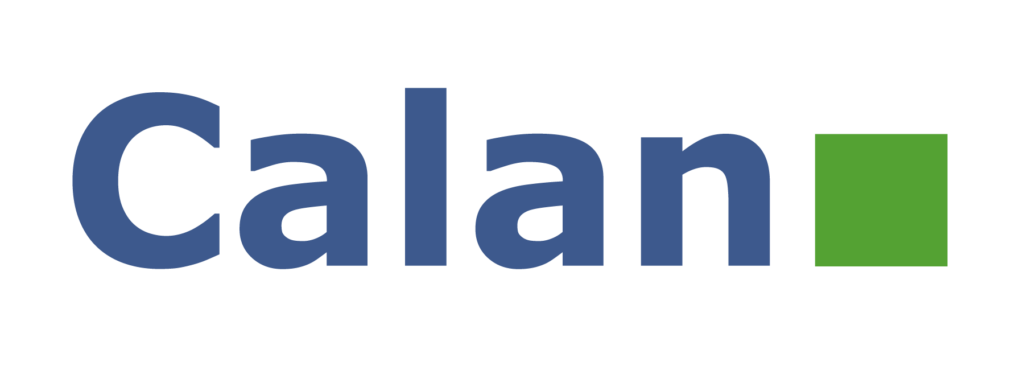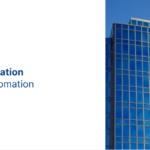Services for which clients pay via BLIK app or credit card through a terminal may be exempt from the obligation to use a cash register. The condition for this exemption is that the records and payment documentation must clearly indicate the specific service related to the transaction.
Some companies providing services to private individuals not engaged in business accept payments via BLIK app or credit card through a terminal. This raises the question of whether such services can be exempt from the requirement to use a cash register.
It is important to note that taxpayers selling to private individuals not engaged in business and to farmers on a lump-sum tax scheme must maintain sales records using cash registers (Article 111, Section 1 of the VAT Act). Therefore, the key factor determining the obligation to use a cash register is the status of the service recipient. If the recipient of the service is a party other than those listed in Article 111, Section 1 of the VAT Act (e.g., another VAT taxpayer), then such sales are not subject to the obligation of recording with a cash register.
To clarify, “sales” refers to the paid supply of goods and services within the country, export of goods, and intra-community supply of goods (Article 2, Point 22 of the VAT Act).
Conditions for Exemption from Recording Obligations
Starting from 1 January 2024, the rules for exemptions from the obligation to maintain sales records using cash registers are regulated by the Minister of Finance’s regulation dated 24 November 2023 (Journal of Laws 2023, item 2605).
These exemptions are categorized into two types:
- Exemption for specific groups of taxpayers (subjective exemption).
- Exemption for specific types of transactions (objective exemption).
The question is whether services for which companies receive payment from private individuals not engaged in business via BLIK app or credit card through a terminal can be exempt from the obligation to use a cash register based on § 2, Section 1 of the regulation and Item 37 of the regulation’s annex.
According to § 2, Section 1 of the regulation, activities listed in the annex to the regulation are exempt from recording requirements for the current tax year, but no later than 31 December 2024. Item 37 of the annex specifies:
- Provision of services to private individuals not engaged in business and to farmers on a lump-sum tax scheme, provided the service provider receives full payment through mail, bank, or a cooperative savings and credit union (into the taxpayer’s bank account or into the taxpayer’s account at the cooperative savings and credit union of which they are a member), and the records and payment documentation clearly indicate the specific service to which the payment relates. This exemption is an objective exemption, meaning it pertains to the type of activity.
Services Excluded from Exemption
It is important to note that the exemption does not apply to the supply of goods and services listed in § 4 of the regulation. Selected exclusions include:
- Passenger transport by road, except for transport listed in Items 15 and 16 of the annex to the regulation.
- Taxis (PKWiU 49.32.11.0), excluding the rental of passenger cars with drivers.
- Repair of motor vehicles and mopeds, including tire repair, fitting, retreading, and regeneration.
- Replacement of tires or wheels for motor vehicles and mopeds.
- Technical inspections and tests of vehicles.
- Medical care provided by doctors and dentists, excluding services provided by individuals listed in Item 48 of the annex to the regulation.
- Legal services, excluding those specified in Item 27 of the annex to the regulation.
- Tax advisory services.
- Gastronomic services (PKWiU ex 56.10, PKWiU 56.21, PKWiU ex 56.29, PKWiU ex 56.30) provided by stationary gastronomic establishments, including seasonal ones, and catering services.
- Hairdressing, cosmetic, and cosmetological services.
- Cultural and entertainment services – exclusively for admission to circus performances.
- Entertainment and recreational services – exclusively for admission to amusement parks, theme parks, discos, and dance halls.
- Car washing, cleaning, and similar services (PKWiU 45.20.30.0), including those using customer-operated devices that accept payments in a self-service mode via coins, banknotes, or cashless methods.
Note: Exclusions related to the supply of goods (§ 4, Section 1, Point 1 of the regulation) and exceptions specified in § 4, Sections 2 and 3 of the regulation are omitted.
When You Don’t Need to Use a Cash Register
To benefit from the exemption from the obligation to use a cash register, the following conditions must be met:
- The service provider must receive full payment for the service from private individuals not engaged in business and farmers on a lump-sum tax scheme via mail, bank, or cooperative savings and credit union (into the provider’s bank account or account at the cooperative savings and credit union of which they are a member).
- The records and payment documentation must clearly indicate the specific service for which the payment was made.
- The services provided must not be listed in § 4 of the regulation.
If any of these conditions are not met, the exemption cannot be applied.
In practice, this means that services for which companies receive payment from private individuals not engaged in business via BLIK app or credit card through a terminal can be exempt from the obligation to use a cash register. The condition is that the bank documentation clearly specifies the service related to the payment and that the services are not among those listed in § 4, Section 1, Point 2 of the regulation. Payments made via BLIK or credit card are deposited into the seller’s bank account, allowing easy identification of the transaction, including the buyer’s details and the service provided, thus confirming compliance with the exemption requirements.

























